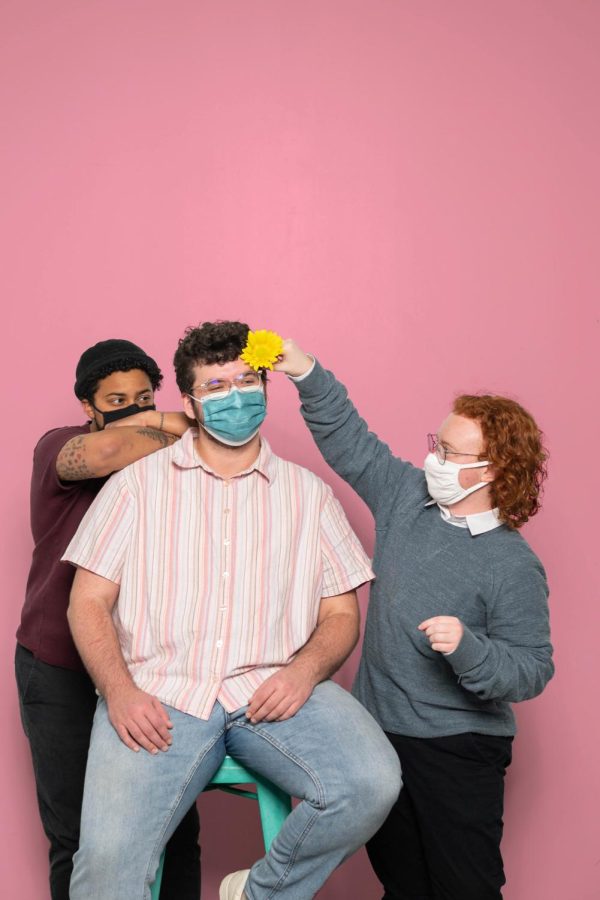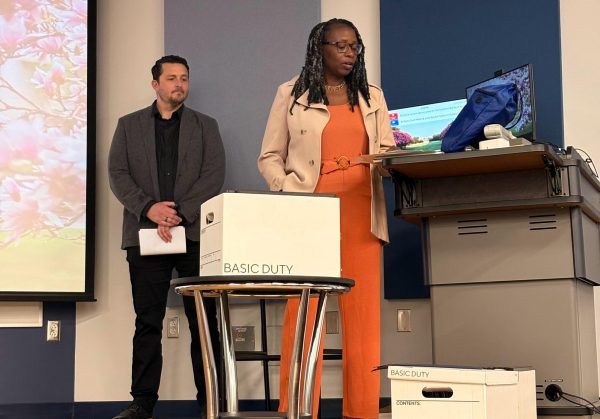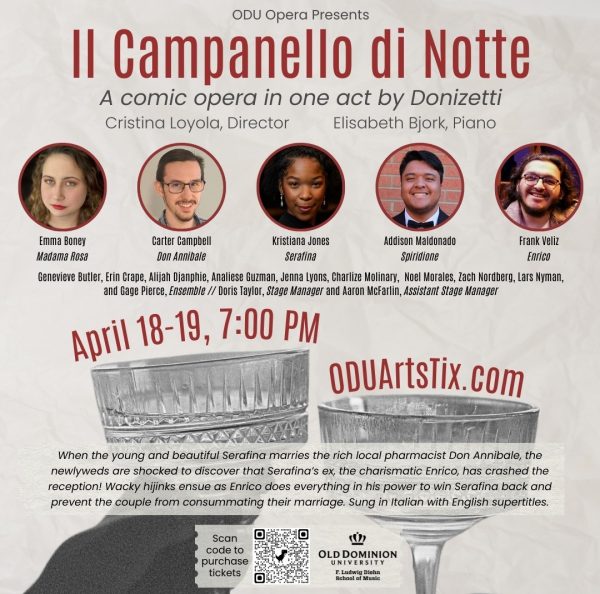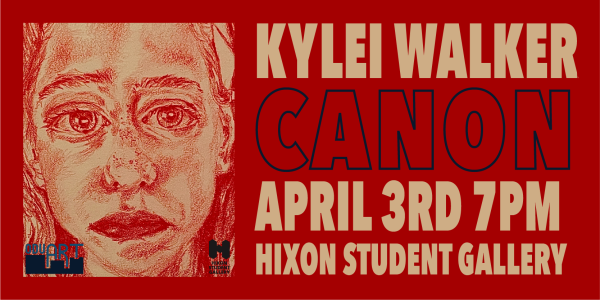An Intersectional Glance at an International Issue
Members of ODU’s As(t*)erisk Speak Out
Approximately 375 transgender people across the globe were murdered in 2021 and the vast majority of victims were trans women of color.
On Nov. 20, 2021 Old Dominion University’s first trans student advisory board, As(t*)erisk, gathered at Kaufmann Mall in honor of International Transgender Day of Remembrance (TDoR). The vigil, attended by students across campus, stood luminous against the night sky as candles flickered, soft and wavy, against the crisp November air. In the hearts of attendees was a long list of men and women who violently fell victim to transphobia in 2021 and decades prior. But underneath all of the heartache, another emotion thrived, this one more mangled and confusing: terror. 2021 was named the deadliest year in recent history for transgender people. This statistic instills in ODU’s trans students the same ache that plagued each victim prior to their passing. It is the ache of knowing that this trend will only grow deadlier if change does not occur immediately.
“Being a part of the trans community is such a beautiful thing, but it also [puts] you in such close proximity to suffering,” says Ollie Gilchrest, graduate student at ODU and member of As(t*)erisk. “I think a lot of cis[gender] people think of the ‘trans debate’ as just [being] allowed to say certain offensive words or what bathrooms people are supposed to use, but all of these things lead to the larger understanding of trans people as bad or disgusting and put trans people in danger.”
LGBTQIA+ Initiatives developed As(t*)erisk in the fall of 2021 to advocate for trans students on campus. August Kearney, a sophomore at ODU and vice president of ODU SAGA (Sexuality and Gender Alliance), joined Andrew Garber, coordinator for LGBTQIA+ Initiatives, in establishing the advisory board’s mission: to “strengthen and amplify the diverse voices of the ODU trans* student community in their pursuit of equity through advocacy, education and student engagement.” It’s this pursuit of equity that can be most isolating for the transgender community as it’s a deeply nuanced struggle that is, more often than not, correlated with race.
“We decided that there needed to be two advisory boards,” said Kearney. “One for queer people and another one specifically for trans people. Queerness and transness do intersect in many ways, but the two communities do not share all the same issues.”
Intersectionality is the interconnected nature of the many attributes people possess. Any given person will have an assigned race, gender identity, nationality, sexual orientation, and, sometimes, disability. These assignments have the power to shape the individual’s experience, depending on the society they reside in. Various attributes can overlap in the issues presented alongside them. For example, someone who is Black will have a different queer experience than someone who is white because, though they share a queer identity, the attribute of race intersects and further nuances their personal experiences.
Kearney points out that while both queer and transgender individuals share an element of the LGBTQIA+ experience, transgender people are currently fighting for equity in ways that others in the community don’t usually have to.
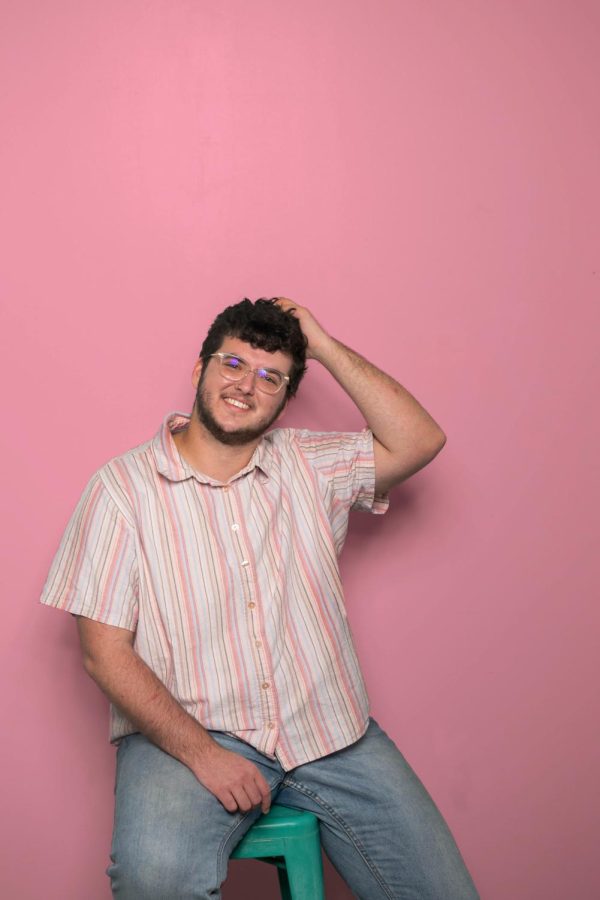
Julius Clark, ODU senior and board member of As(t*)erisk, notes that “Misgendering, misnaming, [and] transphobia” are only a few of the present issues hindering equity in the daily lives of transgender people. “Our allies are not doing enough,” he continues. “[They] aren’t doing a good enough job of protecting all identities on campus. [Our] biggest problem is convincing the cis-het [cisgender and heterosexual] population that we matter.”
Misgendering and misnaming are both commonplace among those who don’t fully understand – or don’t care to understand – what transitioning really means for transgender people. Even when accidental, the act of misidentifying can cause a multitude of problems, more notably, outing someone to their peers before they are prepared to do so themselves. It is the responsibility of the university to ensure that trans students are protected from this scenario whenever possible. Yet, recurring circumstances, such as mass emails addressing transitioning students by their deadnames, prevent any feelings of safety or recognition on or off campus. This alone would be overwhelming without the added layer of transphobia from fellow students, which tends to fly under the radar.
“Having a trans advisory board on campus means that we can tackle campus wide issues and help other trans students and staff feel like they can call this campus home,” Kearney says. “So far, we are in the process of tackling issues with the mail center and their active transphobia, along with having professors put discrimination policies in syllabi regarding LGBTQIA+ students. There is a subcommittee of As(t*)erisk that is working on the verbiage for a policy to go into effect at ODU called the Pronoun Policy. We also work together with educating the public and planning for events such as TDoR and TDoV [Transgender Day of Visibility].”
But in the midst of attempting progress on campus, the state of the world continues to decline, most aggressively for trans women of color.
“Every day I hear about something terrible regarding trans people [and] I tend to be desensitized to it,” Kearney remarks. “Before coming to VA, I had never been friends with trans women or trans femme people of color. Now, most of my friends are queer and/or trans people of color. I have seen just how differently their experiences [are] with coming out… along with the level of danger that comes with just being themselves.”
The nonprofit organization Humanity in Action published an article in 2018 stating that “The life expectancy rate of Black transgender women… in the United States has been reported [as] 35.”
For the population of trans women of color, this number is not just another statistic to read once and forget about. It is the cost of living an honest life. Transphobia, racism, poverty, and an absence of political power each intersect to diminish the quality of life for these women – all of whom know full well that freedom of expression is only acceptable for white, cisgender people.
It should be noted that the representation of these women is missing from this article, and its absence is quite telling. It is fundamentally dangerous to live openly as a trans woman of color in the U.S. and the fear of speaking freely is as present on ODU’s campus as it is anywhere else.
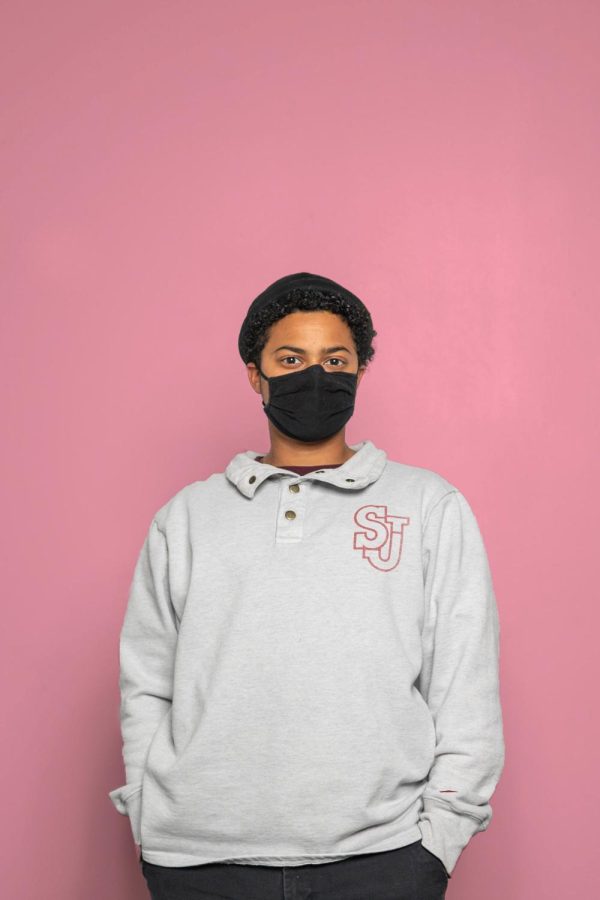
Of the 375 transgender people murdered across the globe last year, 90% of reported cases occurred outside of the U.S. Jamie Wareham of Forbes wrote that “‘Behind the statistical representation of numbers and percentages, there are people whose lives we value and who we, as societies, failed to protect.’ Meanwhile, a global recession in trans rights continues, with countries from Hungary, Poland and even the U.K. seeing rising transphobia, anti-LGBTQIA+ policies and rhetoric. In the U.K., transphobic hate crime reports have quadrupled over the last six years.”
This rise in transphobic policies across the globe has inspired many transgender Americans, like Gilchrest, to follow international trans people of color on various social media platforms. In explaining how frustrating it can be to witness such suffering outside of the U.S., Gilchrest notes his firm belief in the power of listening.
“I think listening is…important to help trans people abroad,” he says. “I think a lot of people assume countries with things like universal healthcare would be better off since gender affirming medical care is free, but it actually is still super inaccessible for trans people…it’s hard to think about those in places where it is inherently unsafe to be trans. I think the best way I know how is to just listen to and engage with international queer communities whenever possible.”
In paying close attention to the transphobic legislation of neighboring countries, it’s entirely unavoidable to reexamine “progress” within the U.S. The Human Rights Campaign has revealed that 2021 saw the highest number of anti-transgender bills in history. In March 2022, 12 states passed discriminatory legislation against the entirety of the LGBTQIA+ community.
“Being an advocate means advocating for so much more than the issues that affect you directly,” says Kearney. “Every single trans person deserves equal access to sports, healthcare, and a happy life, and this should not be a radical statement. Unless the current administration gets better, these kinds of laws and bills will only become more frequent.”

Even outside of governmental discrimination, the threat of negative social implications linger like a dark cloud over transgender college students. Gilchrest divulges his own stories of being outed to peers, having his deadname on display for his own students and professors to see, and even fighting with various departments to resolve such issues.
“After graduation, I worry about being discriminated against when applying for positions, or having to accept a position that may not be welcoming and having to hide who I am,” he says. “It’s frustrating having to deal with the dichotomy of being proud of being trans and wanting to be open about it versus feeling like I have to hide it in order to be taken seriously.”
It’s advocacy groups like As(t*)erisk that tirelessly work to change this narrative. But, as Clark insightfully mentions, a massive part of altering the negative experiences, and perpetual state of fear, that transgender people regularly struggle with is educating cisgender people about their privilege and asking them to speak out, particularly for trans women of color.
“It just makes me so angry and sad to think about how people can’t see the beauty and joy in being trans,” Gilchrest reflects. “There is so much beauty and power in realizing who you are and deciding to become that person.”
International Transgender Day of Remembrance 2022 will take place on Sunday, Nov. 20 when the lives of those lost this year will be mourned and honored. Until then: speak up and speak out. The responsibility of protecting trans lives is one that is universally shared.
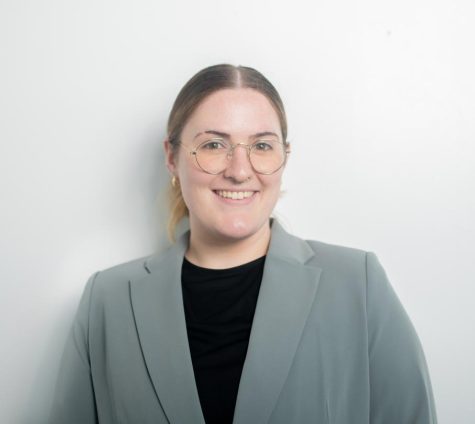
Dana Chesser (She/Her) is an English/Journalism major and second-semester writer for the Mace & Crown. Alongside her role as A&E Editor, she works...
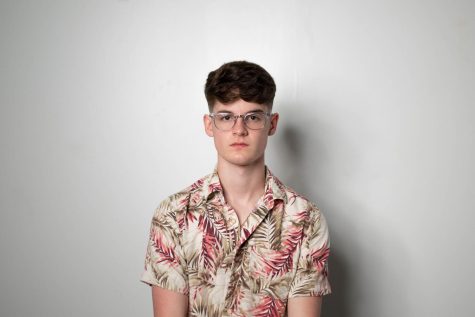
Nicholas Clark is the photography editor. He majors in photography and print media. For fun, he likes to play golf and take pictures. Email him at nclar005@odu.edu


